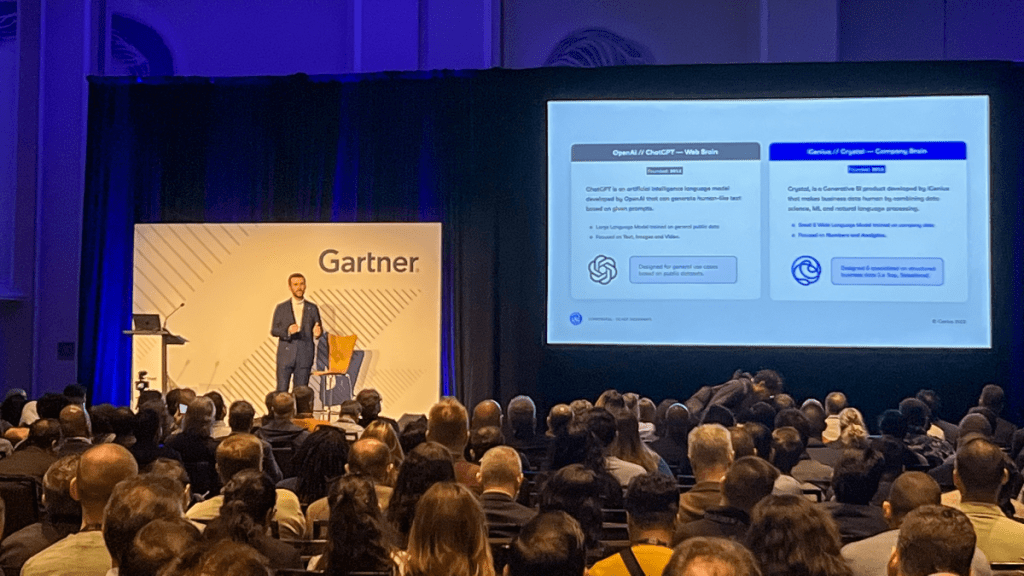

Microsoft teams with Khan Academy to make its AI tutor free for K-12 educators and will develop a Phi-3 math model

Kyndryl and Nvidia team to enable and accelerate enterprise generative AI adoption

Guest
Does India have what it takes to challenge China in electronics manufacturing?

Partner Content
The best of hybrid and native apps is a no-code solution

Community
How the Web3 stack will automate the enterprise

Guest
Three ‘soft skills’ for every developer’s toolbox

Community
Dissecting the hype over low-code

Community
5 simple ways design leaders can build a meaningful approach to inclusivity

Enterprise data is like air: Here’s how you can secure it

AiDash aims to improve natural disaster management with digital twins

Community
Cybersecurity is a corporate social responsibility, especially in times of war

Community
The Great Resignation and its unintended consequences for IT

Community
What you need to know about managing the modern supply chain

Partner Content
Leveraging modern technology to create intelligent forecasts at scale

Report: Average time to detect and contain a breach is 287 days

Report: Orgs wasted $4.12M on failed digital transformation projects

Community
How to make co-innovation work for your business

Iterate integrates more visual tools with Interplay 7 low-code platform update for AI

Stripe’s new apps marketplace brings third-party tools directly into Stripe

Blockchain network provider Horizen launches no-code tokenization platform

Vultr brings GPU options to a wider audience

Data observability company Cribl raises $150M

CockroachDB update aims to ease creation of data-intensive applications

ServiceNow powers hybrid work with indoor mapping

VB Lab Insights
Autonomous trucking company Plus drives faster transition to semi-autonomous trucks

Headless CMS platform Payload goes open source

How Softiron used digital twins to reduce its carbon footprint

Report: Can Slack have an impact on mental health? Here’s what employees say

Is database-as-a-service in Percona’s future?

How to choose between on-premise or cloud product information management

Recovering from ransomware attacks starts with better endpoint security

Imec launches sustainable semiconductor program

Agora rebrands to Kojo as it expands construction procurement

Community
COVID-19 makes automation more important than ever for enterprise integration

Community
Big tech vs. data privacy: It wasn’t meant to be this way

Community
For the metaverse, embodied reality is the true final frontier

Report: Sustainability is a top 10 priority for CEOs this year

Report: 60% of orgs have experienced data loss due to employee mistakes

Community
3 ways to leverage NFTs

Community


